When French president Charles de Gaulle agreed to Algerian self-determination in 1961, his right-wing supporters were outraged. They had returned the general to power only three years earlier so he could put down the bloody uprising in France’s most prized colony. Some of the pieds-noirs, the Algerian French, and their sympathizers in the army banded together in the paramilitary Organisation de l’armée secrète (OAS) to stop the independence process with assassinations and bombings.
The Day of the Jackal, based on Frederick Forsyth’s novel of the same name, fictionalizes the group’s plots against De Gaulle.
The 1973 film opens with a dramatization of a 1962 attempt on the president’s life in the Parisian suburb of Petit-Clamart. OAS gunmen opened fire on De Gaulle’s Citroën limousine but failed to kill him.
In the real world, the OAS soon withered. French security services did serious damage to the organization while its extreme violence alienated potential supporters in Algeria, where it made its last stand against independence. Some of the hardliners who survived and eluded the secret service fled to Latin America, where they joined the anti-communist Dirty War in Argentina.
The Day of the Jackal takes off where history ended. Rather than abandon the plot to assassinate De Gaulle, the OAS hires a British assassin, known as “the Jackal,” to do the job for them.
Played by Edward Fox — who would later appear in the decade’s two classic World War II movies, A Bridge Too Far and Force 10 from Navarone — the Jackal goes about his work meticulously, picking up a custom-made rifle in Genoa and scouting the area in Paris where he plans to shoot De Gaulle.
Most of the film is devoted to the grinding detective work involved in hunting the assassin down. This is where The Day of the Jackal is at its best. The officers and officials carrying out and overseeing the operation are depicted as neither close to superheroes nor, bar one, fools who are repeatedly tricked by a devious criminal. These are honest, competent men who don’t expect a parade for doing their job.
Filmed on location all over Europe and relatively fast-paced for a forty-year-old motion picture, The Day of the Jackal was recognized as a classic when it first came out and few can still rival it today.
Unlike many later detective and spy movies, The Day of the Jackal treats its viewers as adults. It doesn’t need to tell us who the good guys and the bad guys are. The OAS leaders, operating out of Vienna and Rome, are neither comically wicked nor pure evil. The Jackal himself is quite charming, even if he won’t hesitate to use innocents and depose of those who stand in his way. Yet the most violent image in the film is that of a bursting watermelon when the killer tries out his Genoa-made rifle — a testament to the understated nature of this thriller.

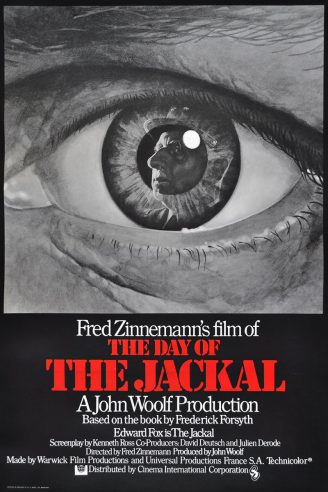
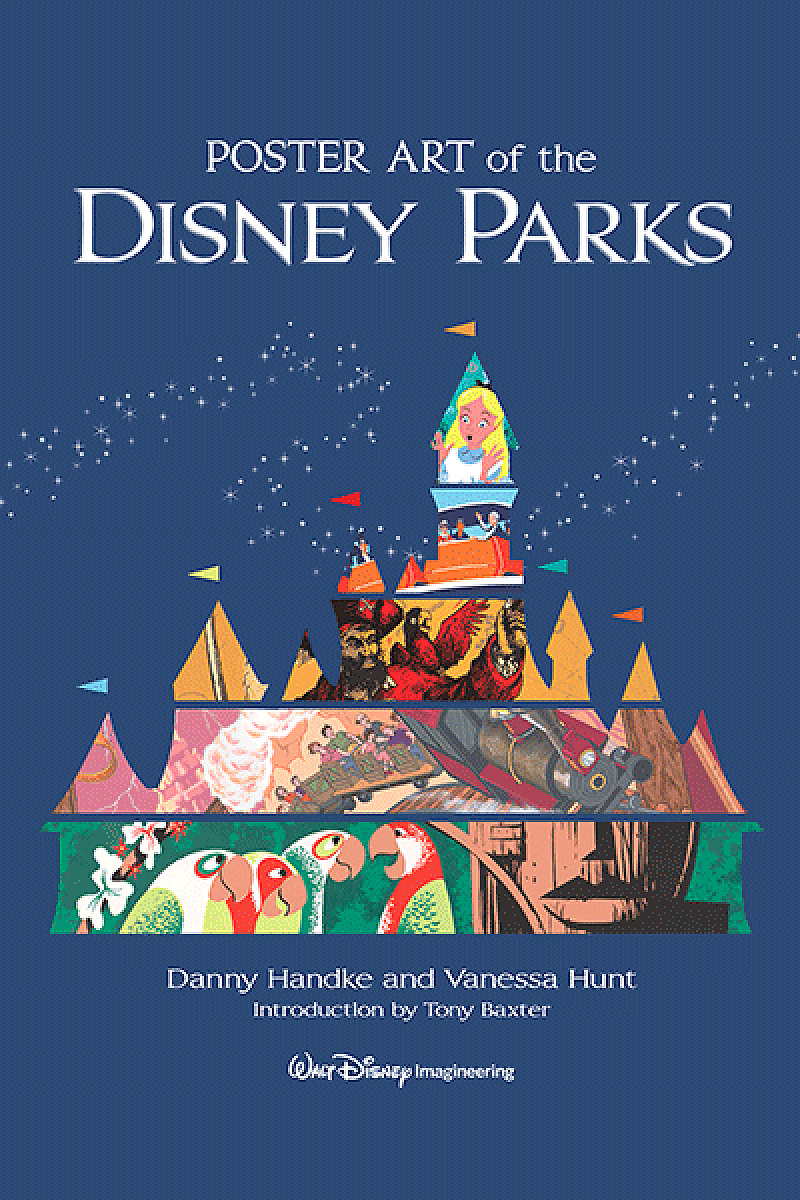
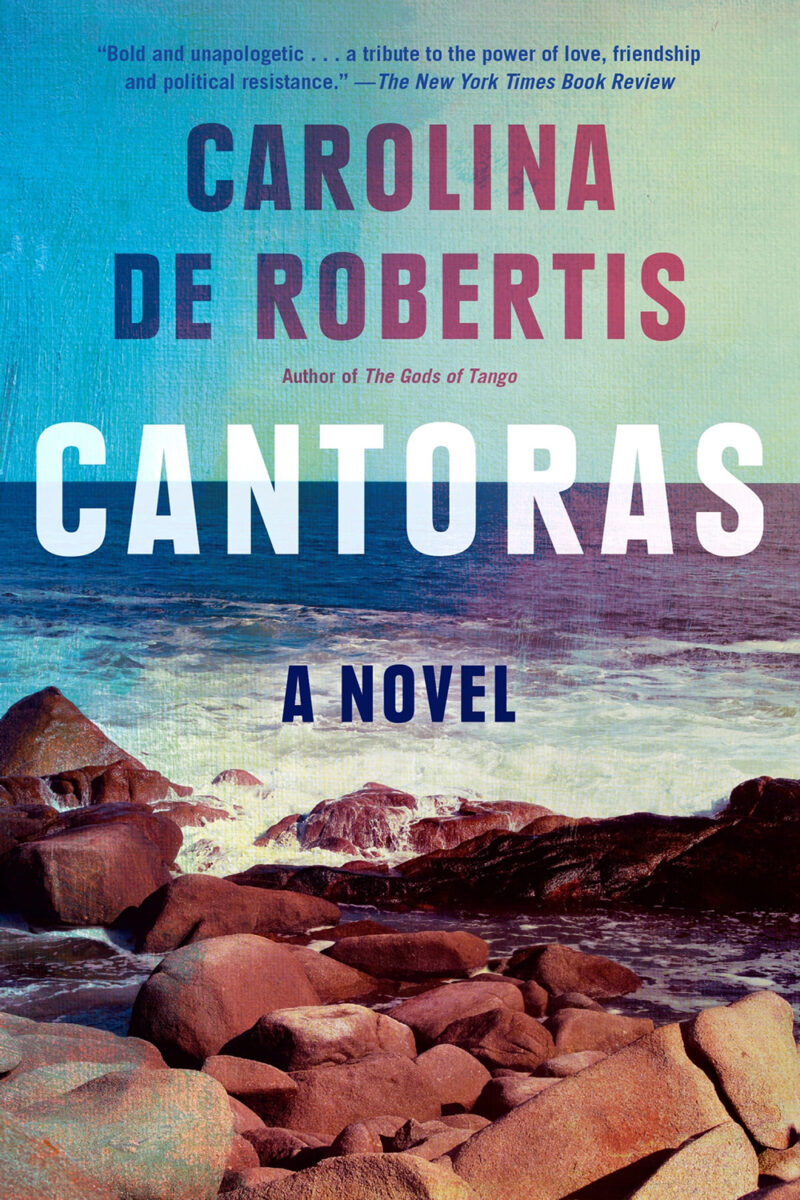
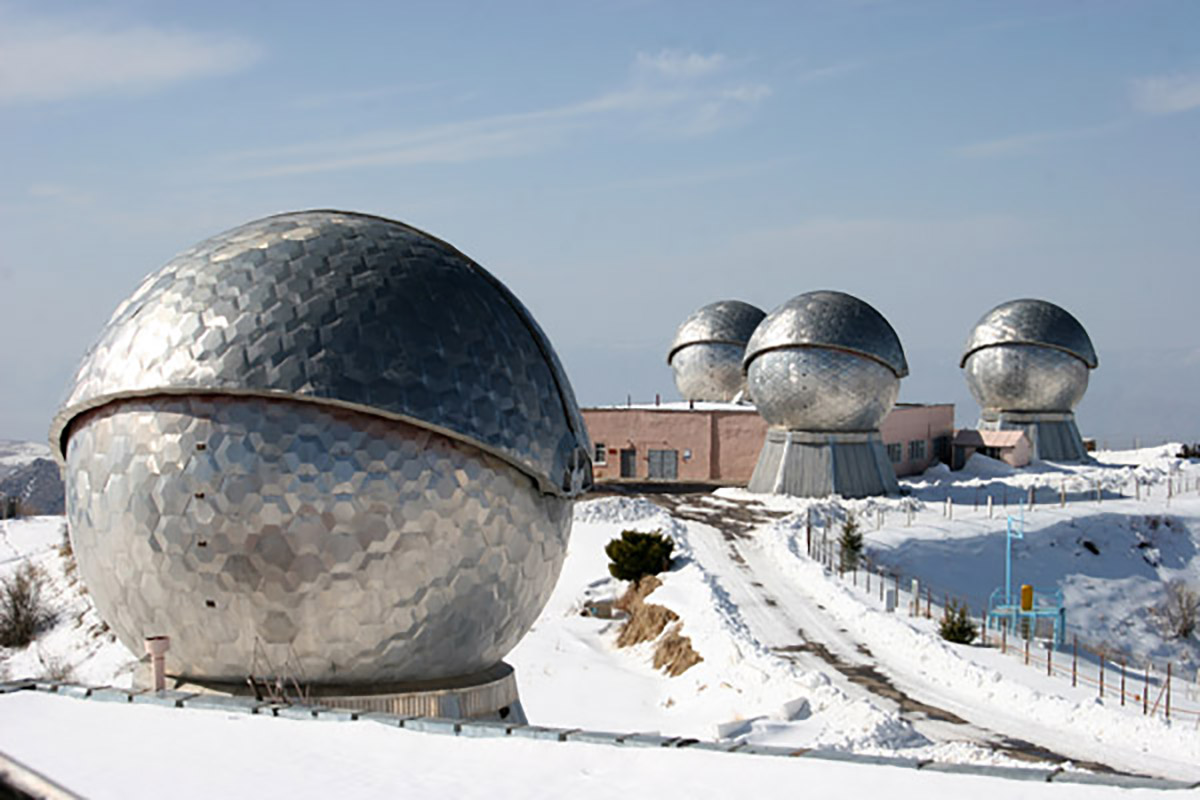
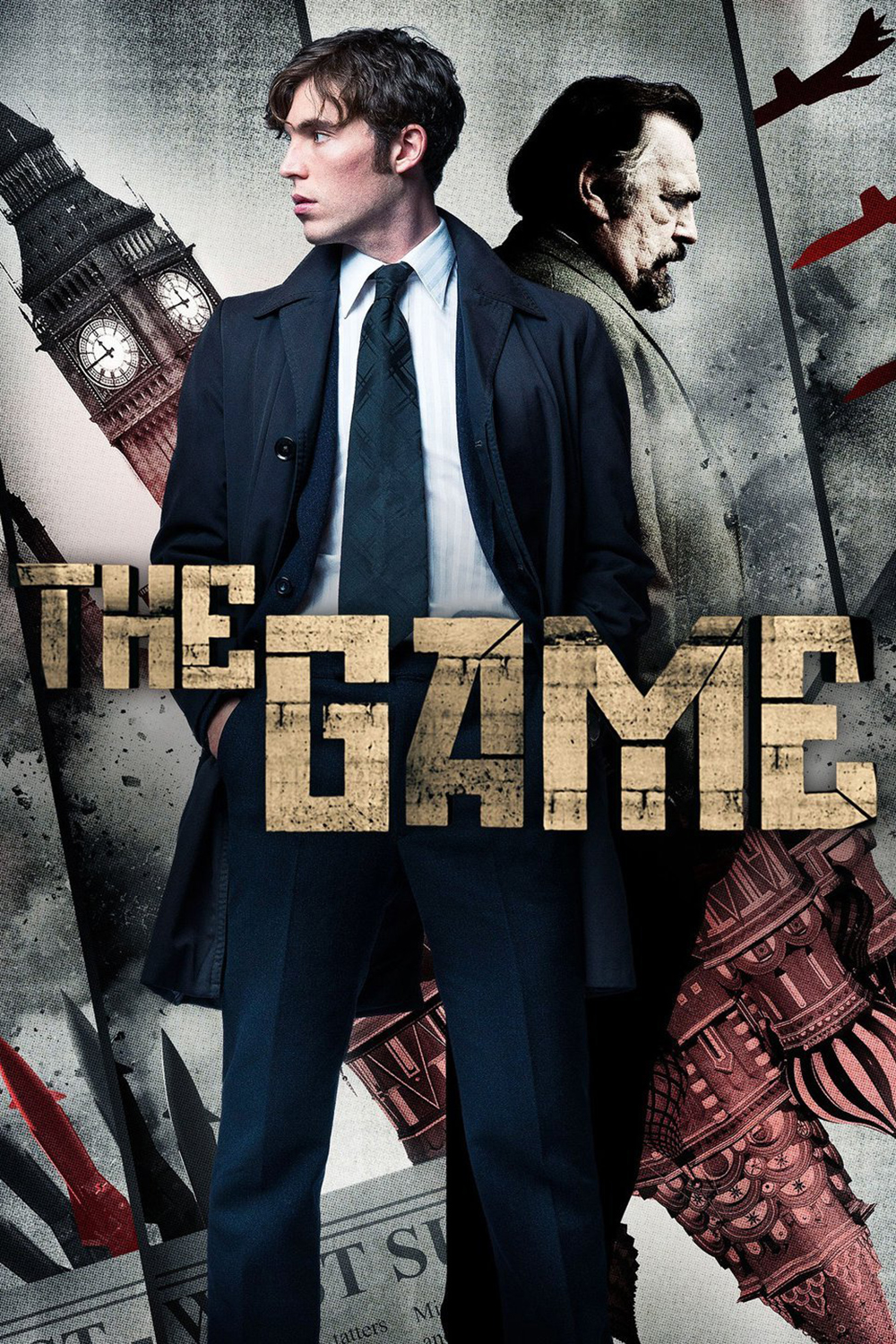
2 Comments
Add YoursThis is a great movie that I enjoy re-watching. It has a lot of period details, both in terms of France, and for Britain, for example finding births and deaths registered at Somerset House and the round reading room at the British Library which I was fortunate to visit before the Library moved and the room was transformed beyond recognition.
There is a cracking cast, not simply Fox but a range of great actors: Michael Lonsdale, Derek Jacobi, Maurice Denham, Eric Porter, Ronald Pickup as the forger, Timothy West, Tony Britton, Donald Sinden, Cyril Cusack as the gunsmith, Anton Rogers and a range of French actors less well known to English speakers. For its time, the fact that it features torture, the use of a mistress to get information and a homosexual seduction, was distinct for its time. A central aspect is how the Jackal manipulates people so well, in order to survive.
People pick out minor errors such as types of cars shown, as being anachronistic for when the movie is set, i.e. 1963. However, to most modern audiences the feel of early 1960s is rendered effectively, In addition, the opening 20 minutes which reconstruct the real assassination attempt on De Gaulle’s life at Petit-Clamart in August 1962 is an excellent historical portrayal.
Anyone who is interested in this movie is recommended to read the original book by Frederick Forsyth published in 1971, which can still be found in second hand bookshops. You might also find interesting ‘Assassination! July 14’ (1963; 2001) by Ben Abro [in fact a pseudonym for Robert Silman and Ian Young] which envisages a very different assassination attempt on De Gaulle. It also includes the attempt using a dog which the OAS had discussed. For the truth about all the different assassination attempts against De Gaulle down the years, get ‘Target: De Gaulle’ (1974) by Christian Plume and Pierre Démaret, a fascinating read.
If you like ‘what if?’ then I produced a novel because I wanted to see what the outcome of a successful assassination might be, this is ‘Scavenged Days: A ‘What If?’ Novel of the Impact of the Assassination of President De Gaulle’ which does what it suggests in the title!
Thanks for the recommendations! I didn’t read Forsyth’s original novel, but I did read his The Fourth Protocol, which was pretty good.